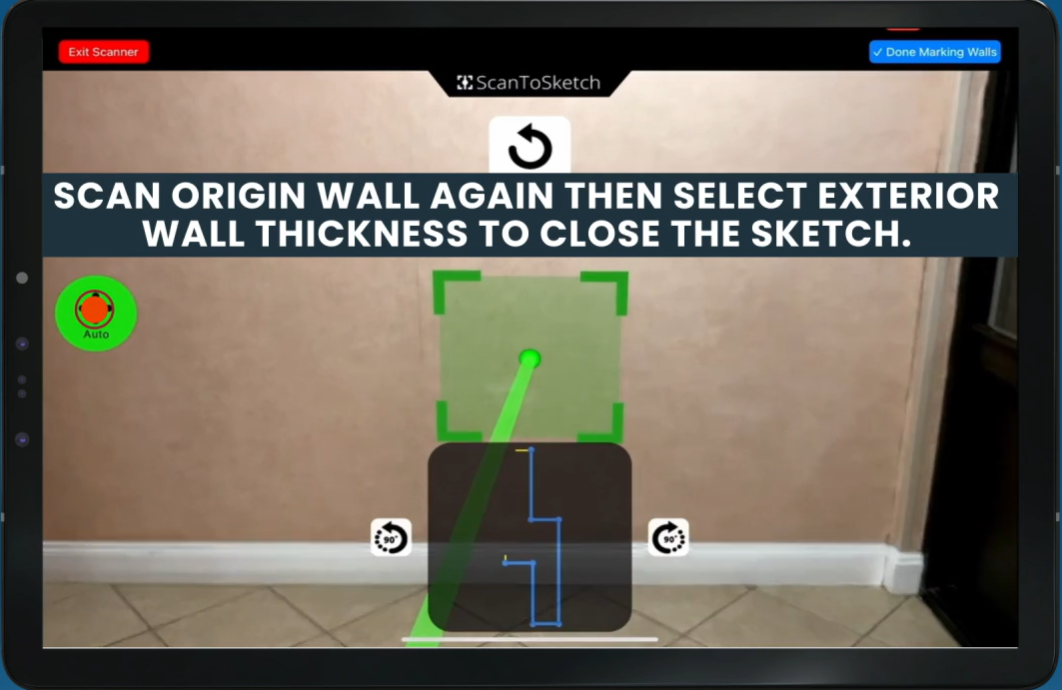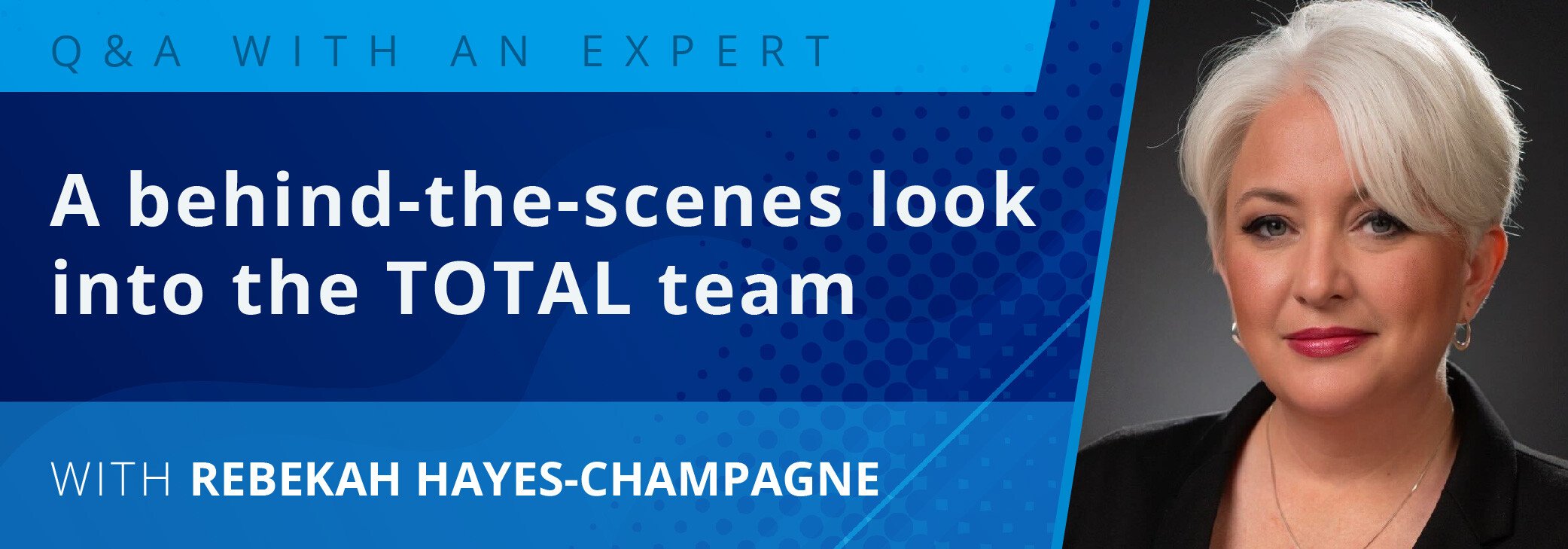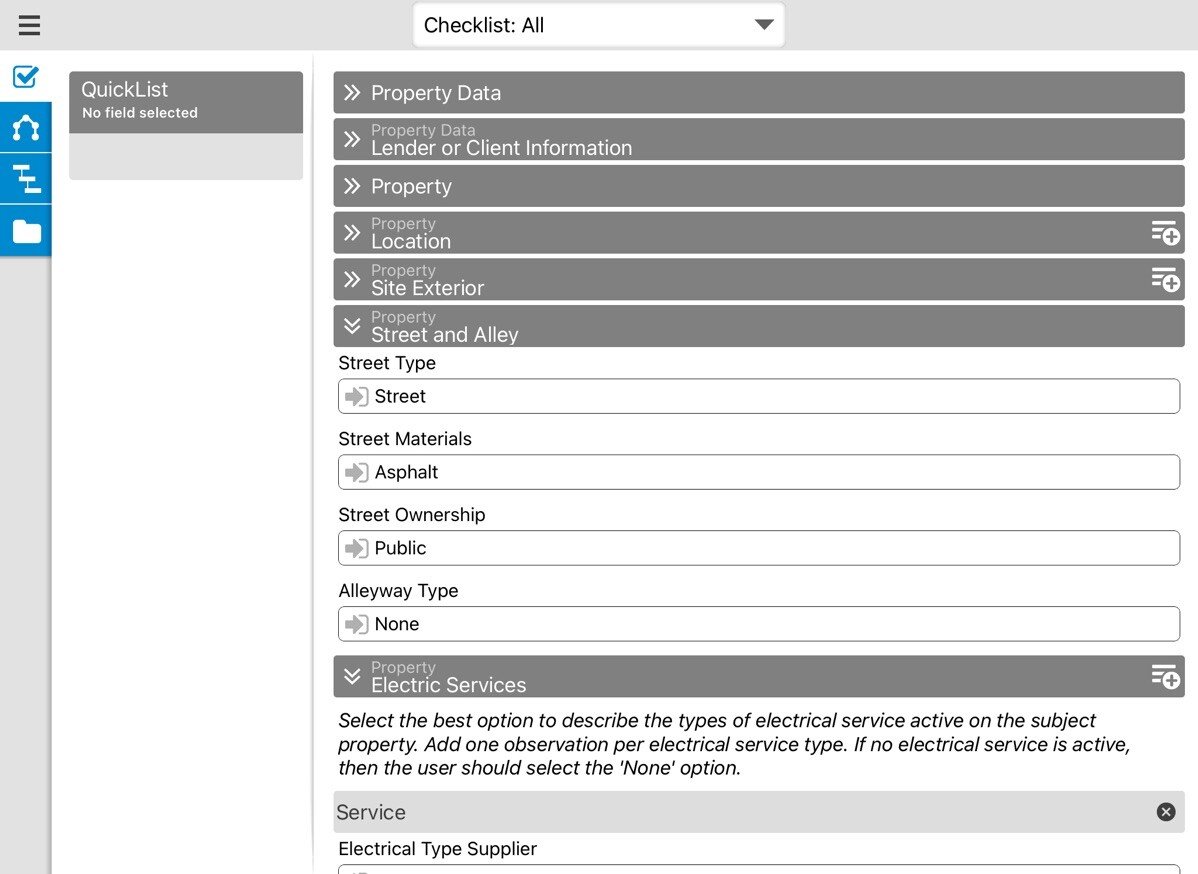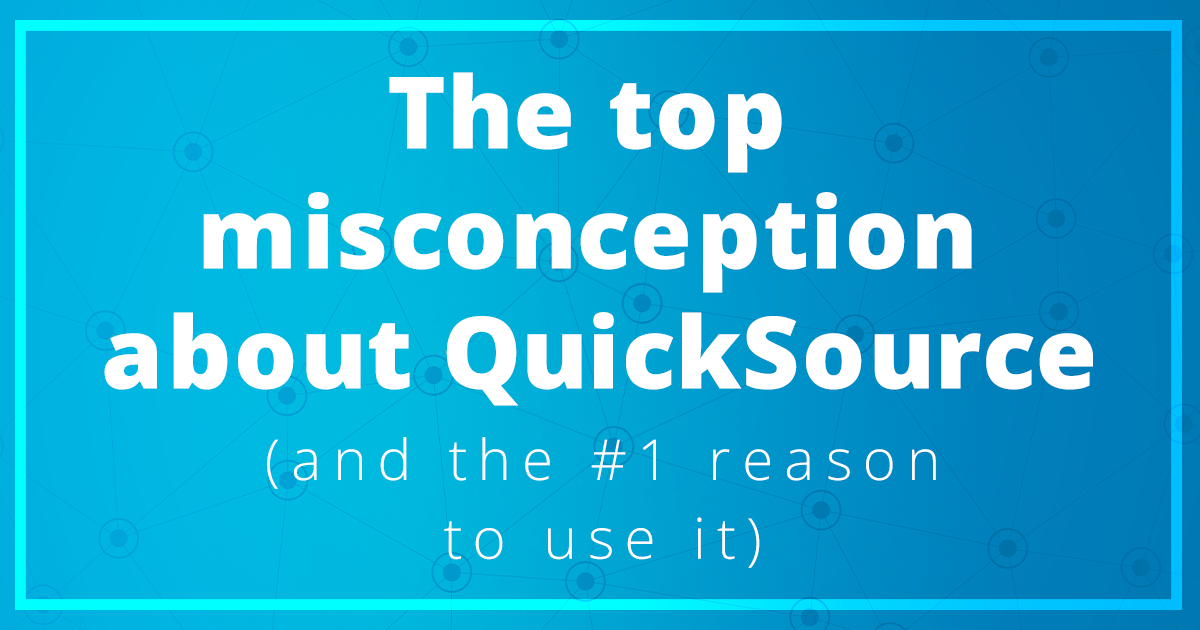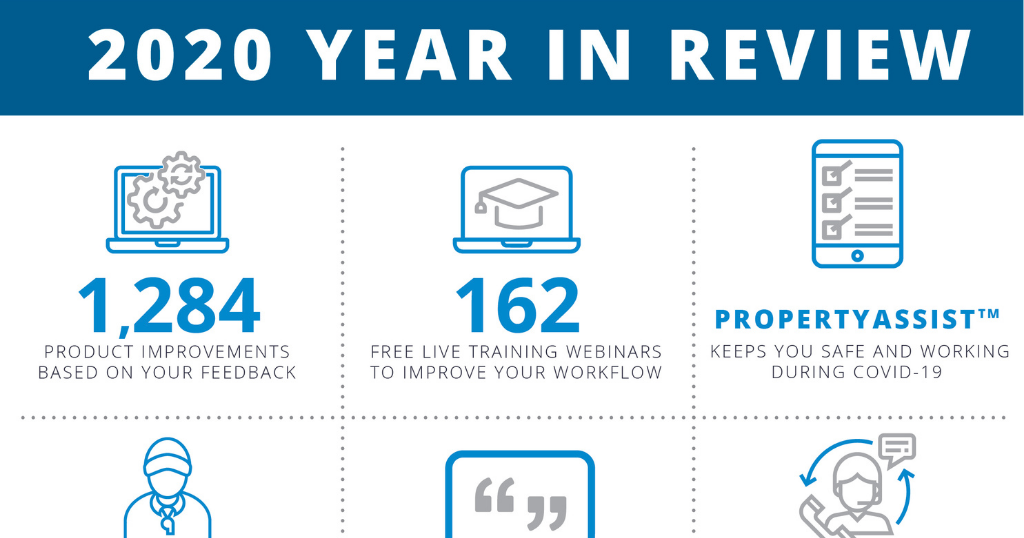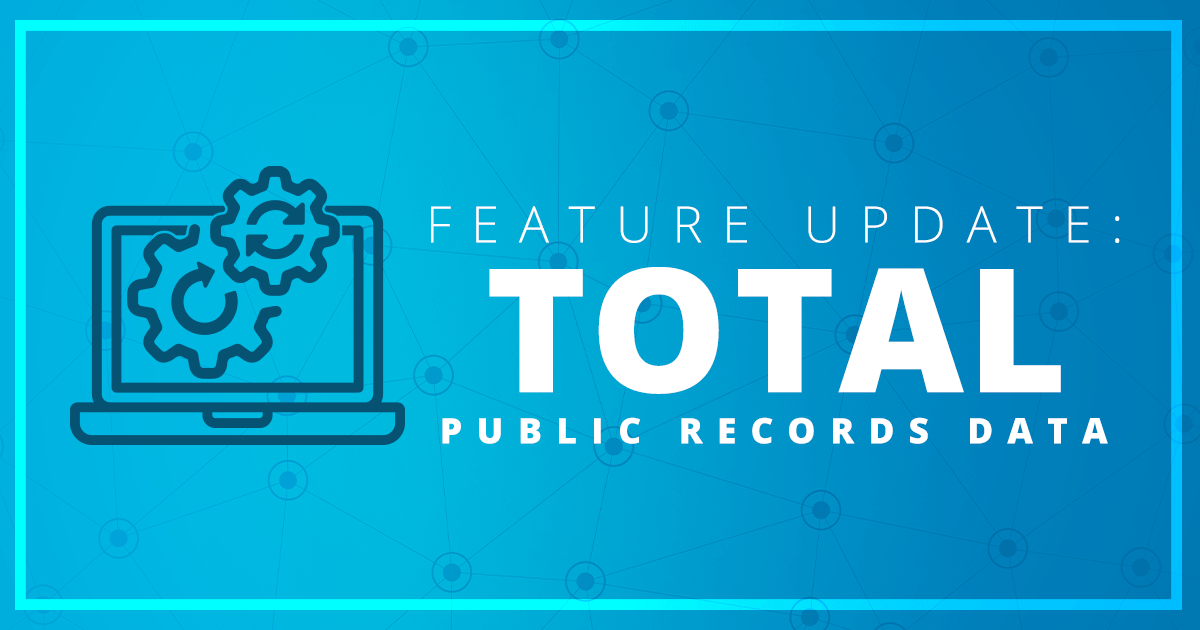Real estate trade groups applauded last week when HUD revised its final rule for lender accountability for fraudulent appraisals. In 2003, HUD had proposed harsher regulatory language about, and stiffer penalties for, lenders who submit fraudulent appraisals with their FHA loan paperwork. (HUD said it was merely codifying what had been its practice all along.) Concern in the mortgage lobby led to a toned-down final rule in which lenders are answerable only for fraud about which they knew or should have known.
The reaction against the proposed rule from the Mortgage Bankers Association and other groups struck us as odd. We're sure no MBA correspondent (originating) member has ever submitted a fraudulent appraisal with their FHA loan file without knowing it, because no appraiser in the history of the world has ever inflated a value on his or her own, without coercion from the responsible broker or loan officer. As to sponsor (underwriting) MBA members, they are hopefully doing due diligence and reviewing the appraisal report with a critical eye before agreeing to lend money on the mortgage. If so, chances are they "have reason to know" when an appraisal is fraudulent.
In comments to the proposed rule, some groups protested that lenders and underwriters don't have the necessary expertise to review an appraisal. But under the FHA's Direct Endorsement process, the lender's Direct Endorsement underwriter (or, in the case of a loan correspondent, its sponsor's Direct Endorsement underwriter) is already required to review the appraisal documentation. Under federal regulations, when a mortgage is submitted to FHA under the Direct Endorsement process, the application must contain, among other things, "[a]n underwriter certification, on a form prescribed by [HUD], stating that the underwriter has personally reviewed the appraisal report … and that the proposed mortgage complies with HUD underwriting requirements." As far as we know, lenders do not object to this longstanding rule.
Part of the reaction to the proposed rule may have been academic. The rule is phrased in terms of the "quality" of appraisals, not "inflated" or "fraudulent" ones. It's not beyond the realm of possibility that someone sitting in a regulatory compliance office somewhere reacted sensibly to the suggestion that lenders would know one way or another whether an opinion of value on a particular property somewhere is too low or too high, whether the best comps were used, and so on.
The reality, of course, is that if the value is "too low," the mortgage loan is never made, and nothing is ever submitted to the FHA. So, the rule for all practical purposes only addresses inflated values. And values (again) don't inflate on their own, they inflate as a result of pressure to "make the deal work." And appraisers don't work on commission. If originators want to be paid a percentage of the final loan amount, they should be liable for inflated values they coerce out of appraisers to score a bigger payday.



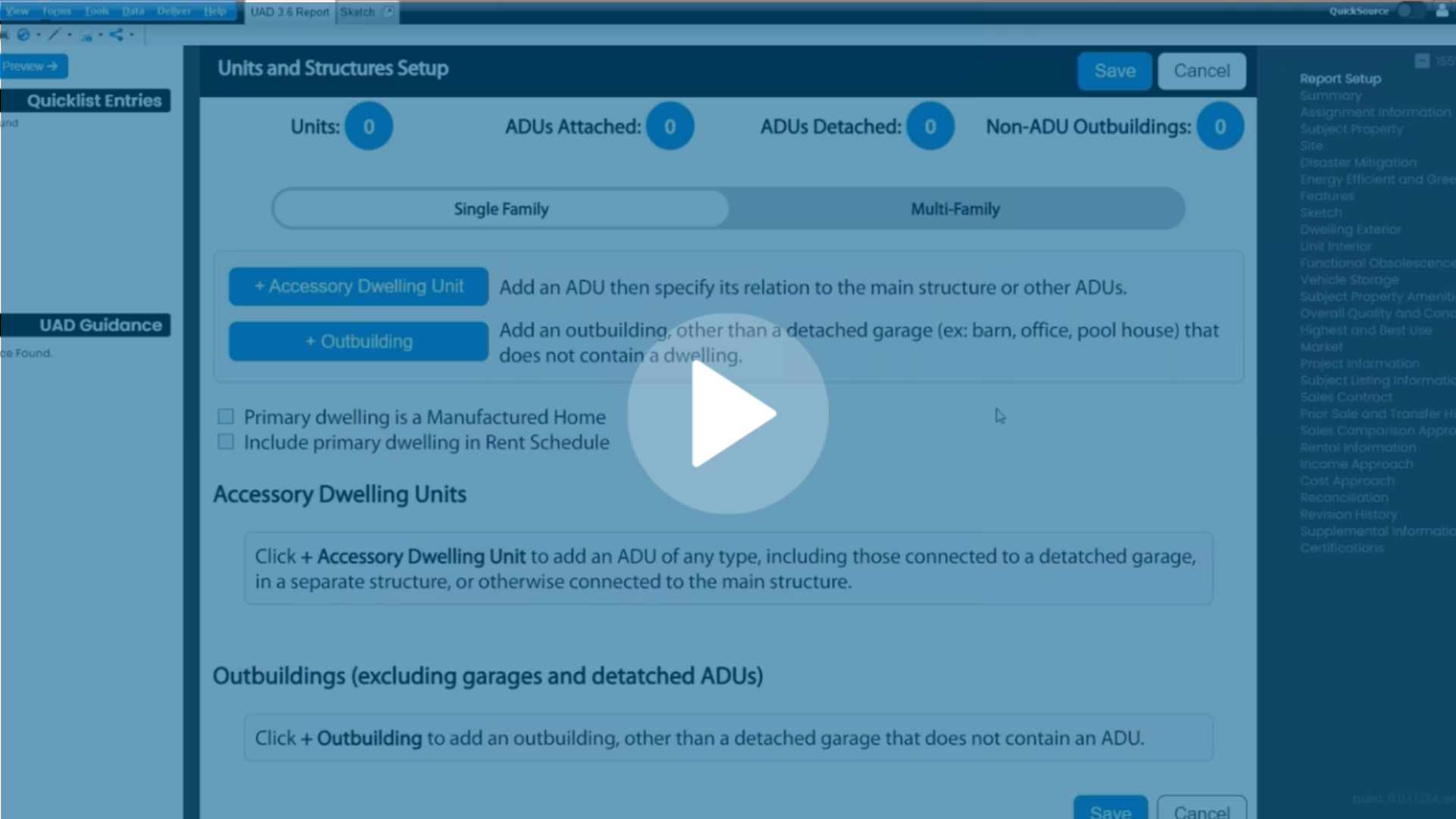
.png)

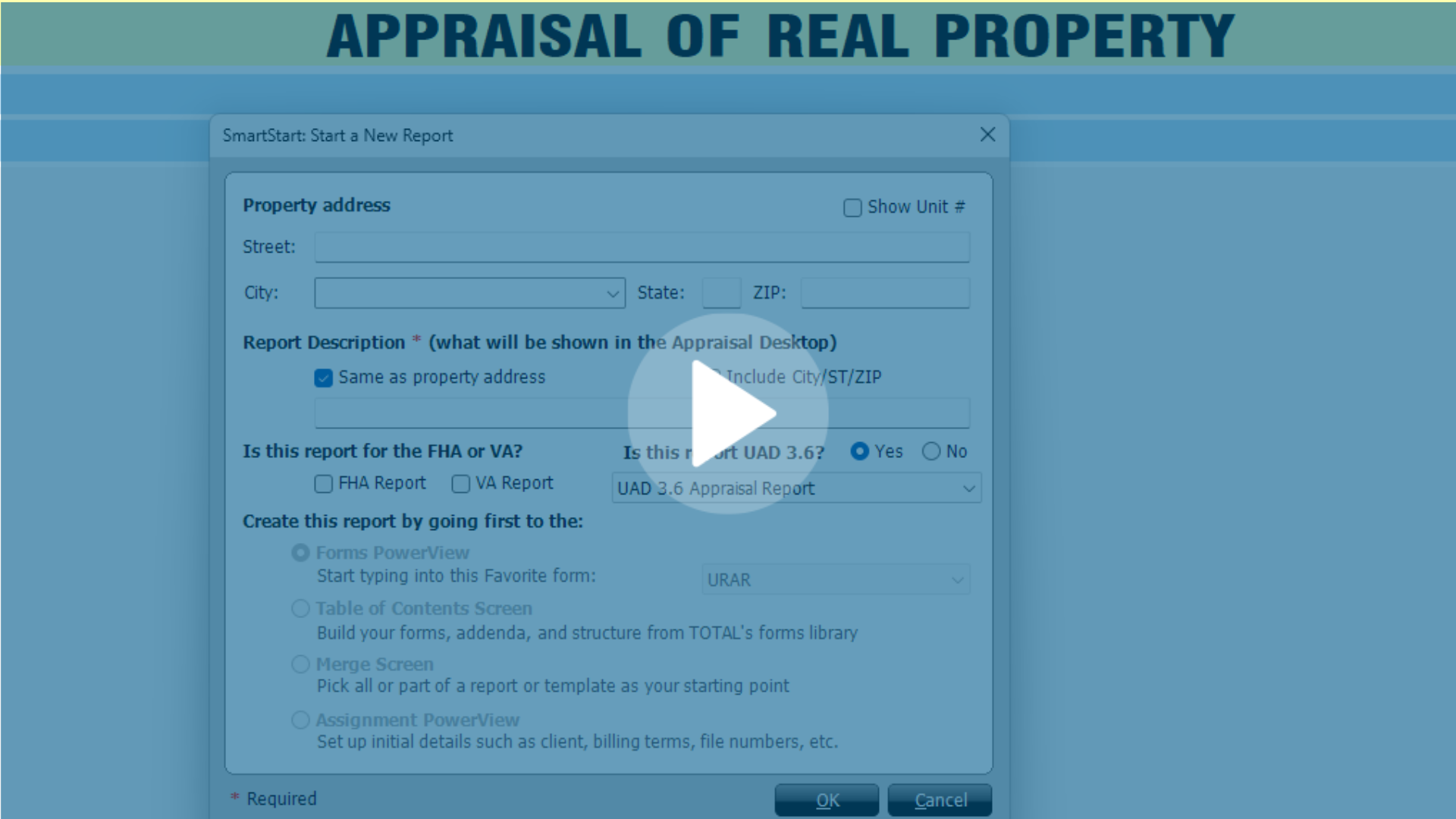


.png)
-1.png)
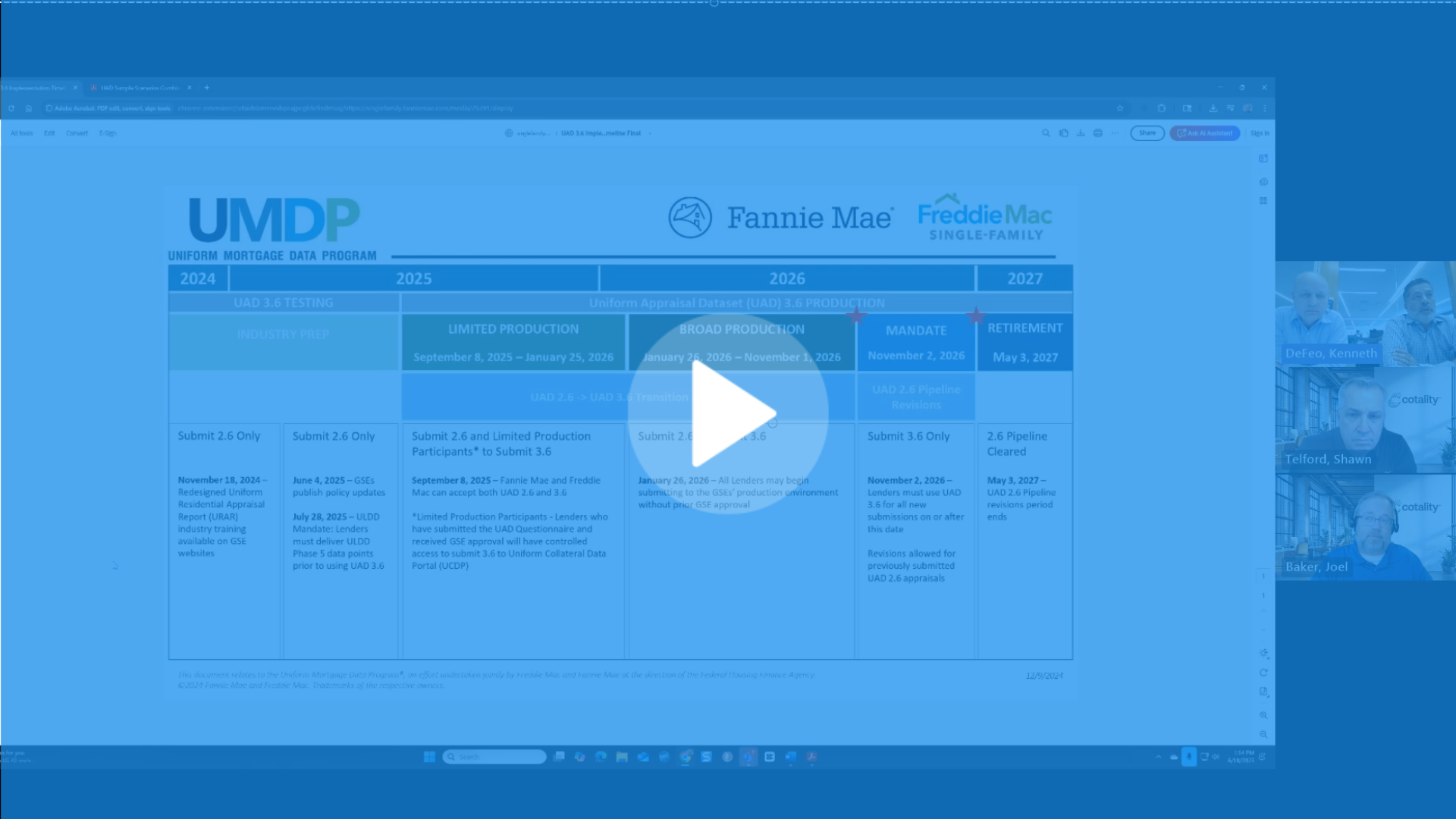
.png)
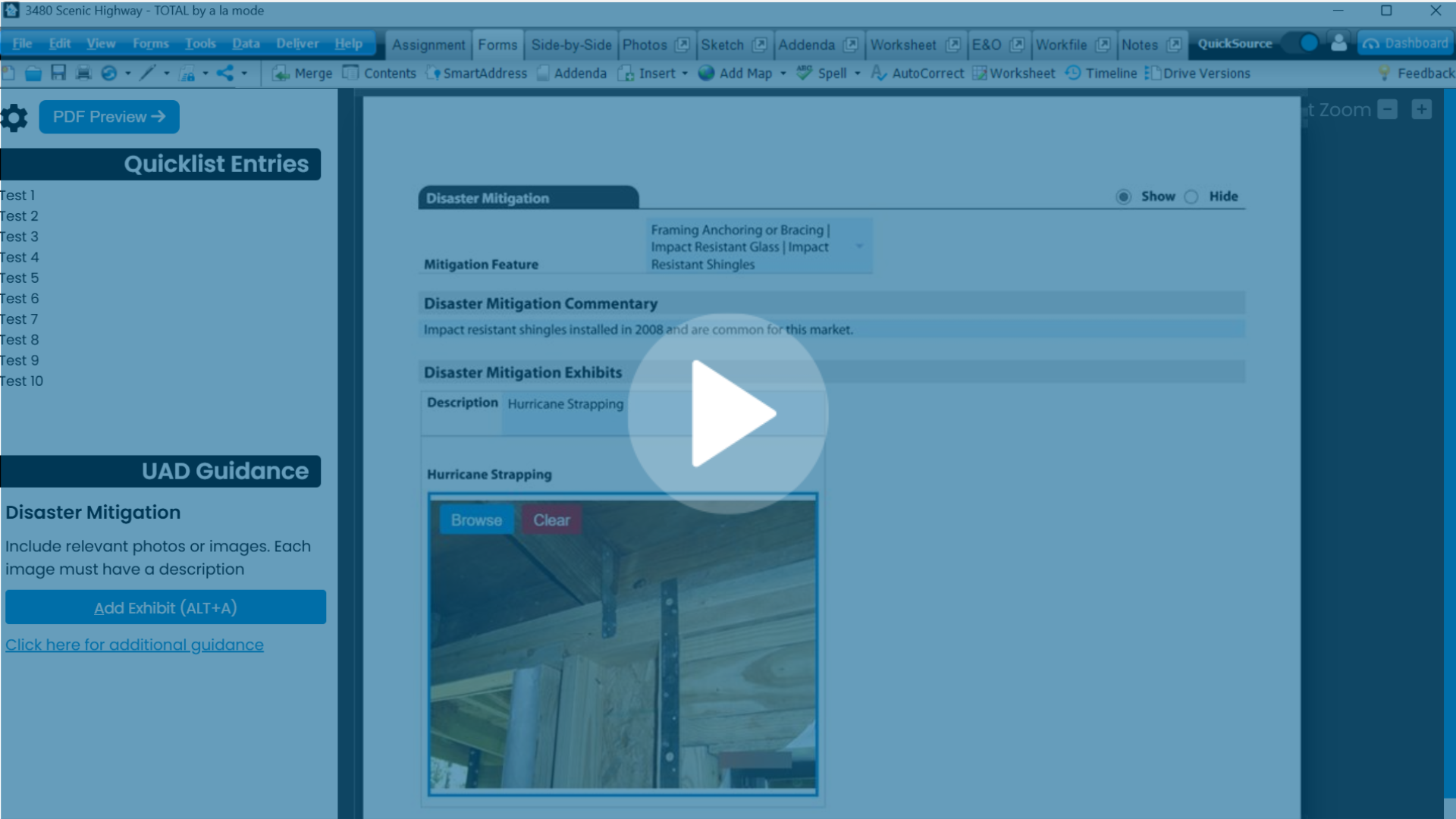
.png)
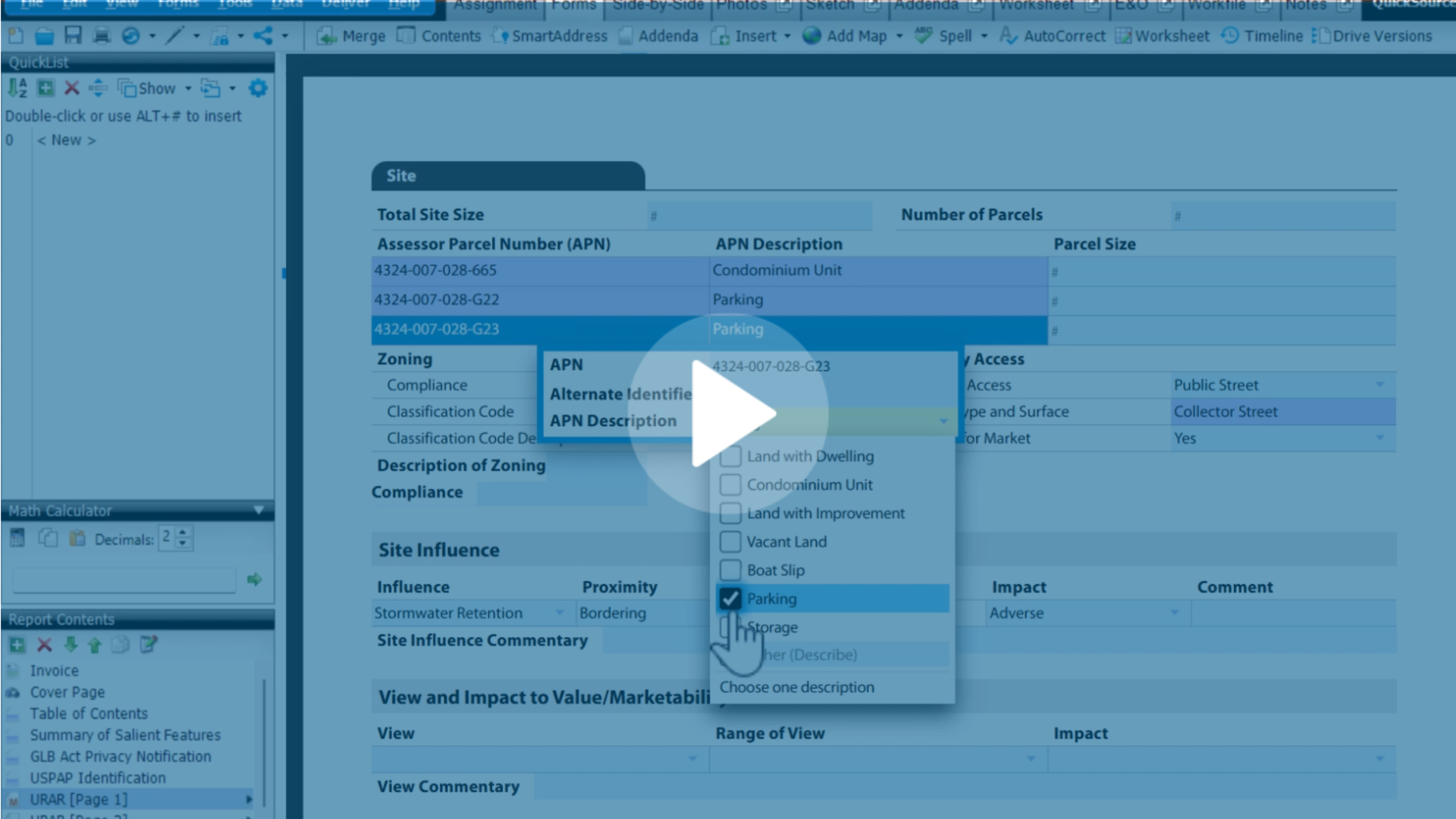
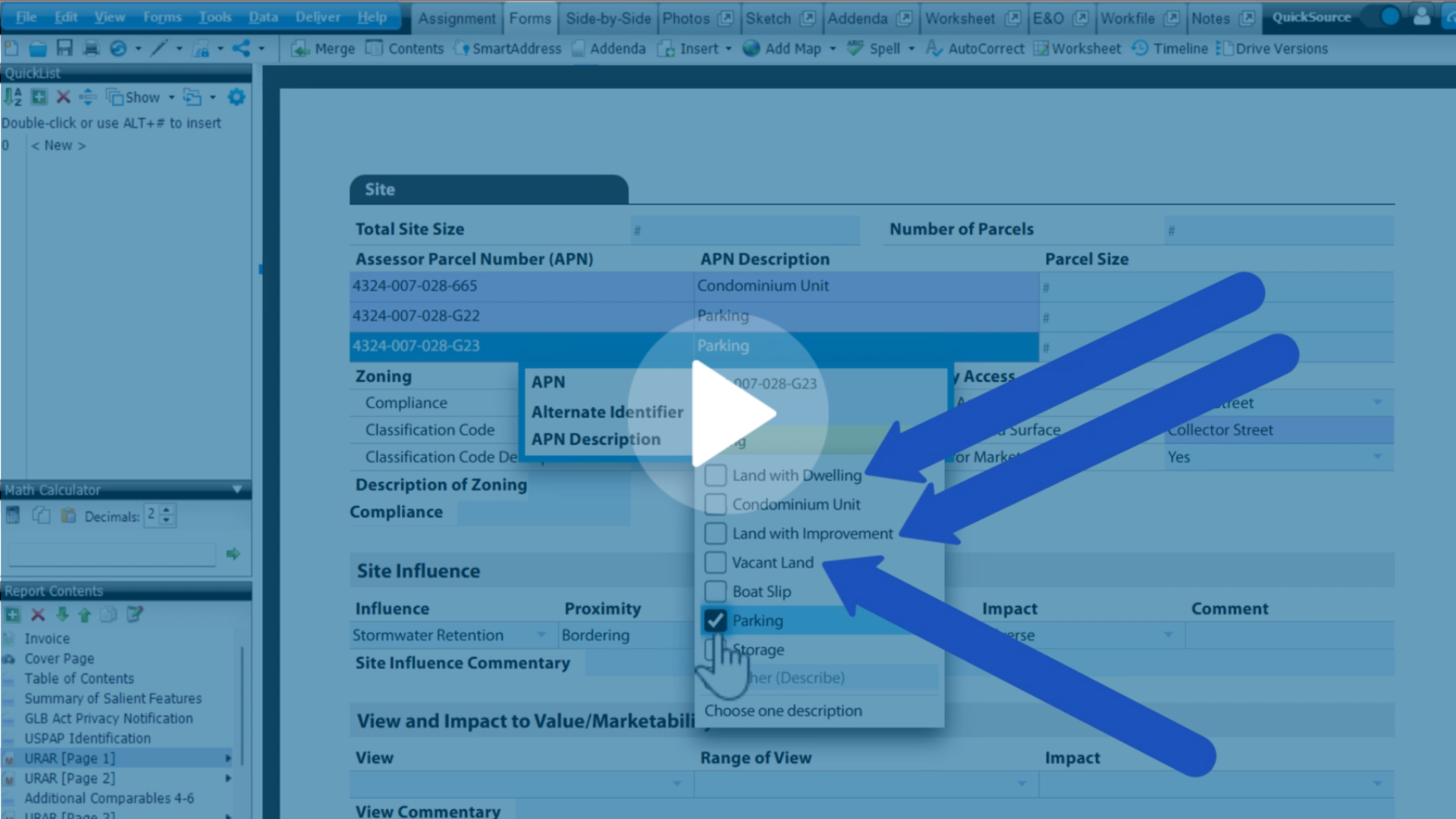
.png)
.png)
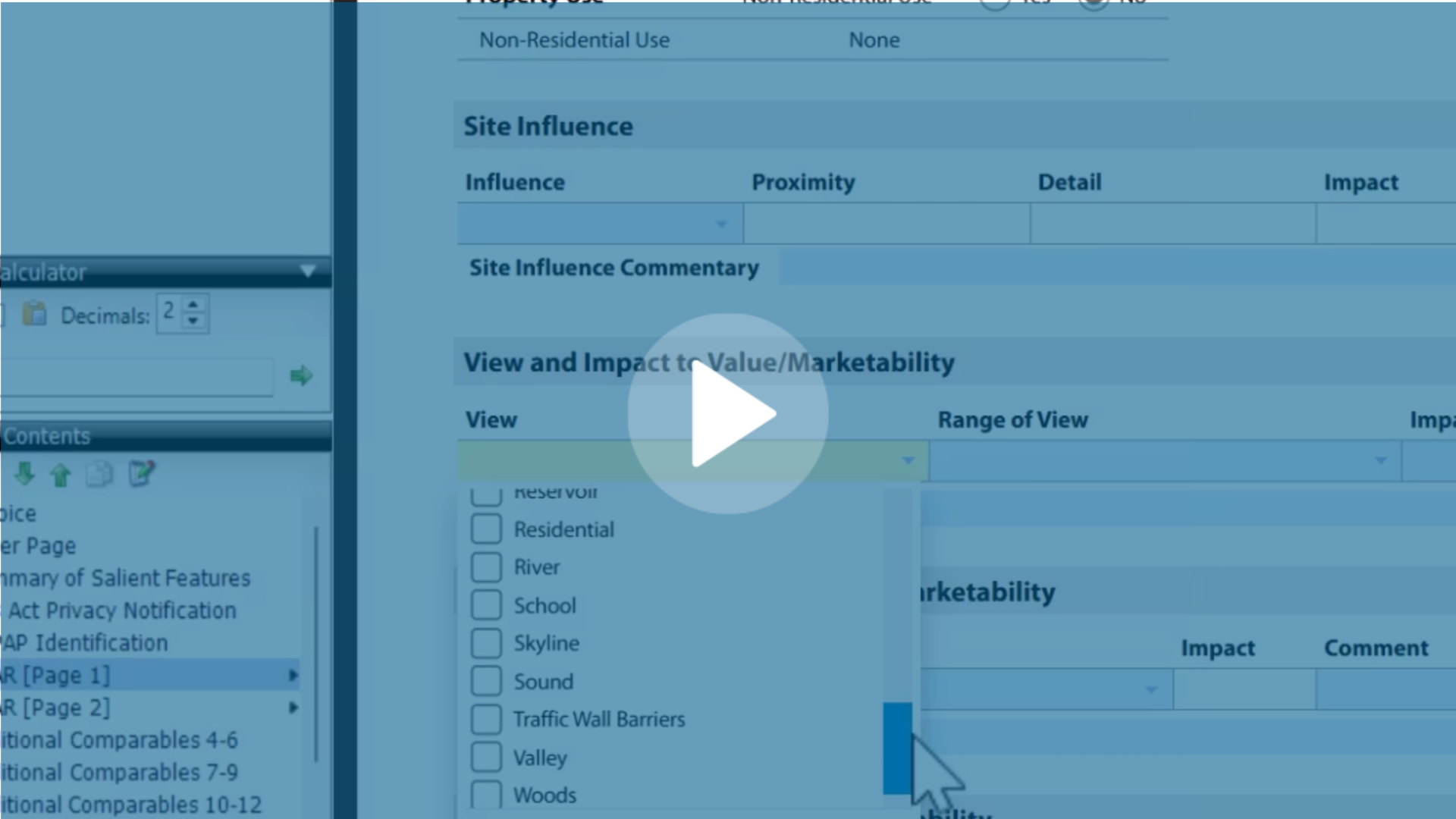
.jpg)
.png)
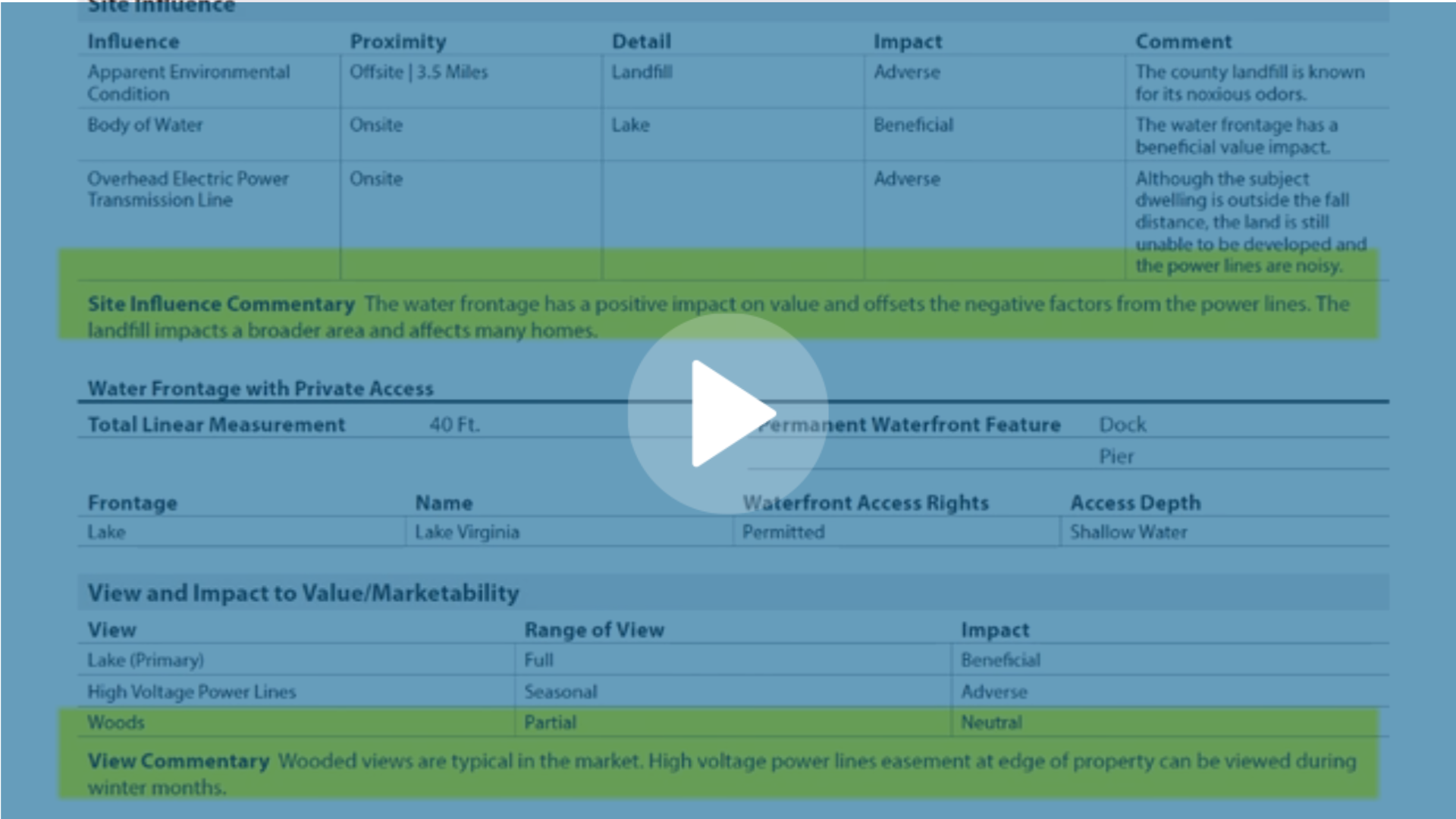
-1.png)



